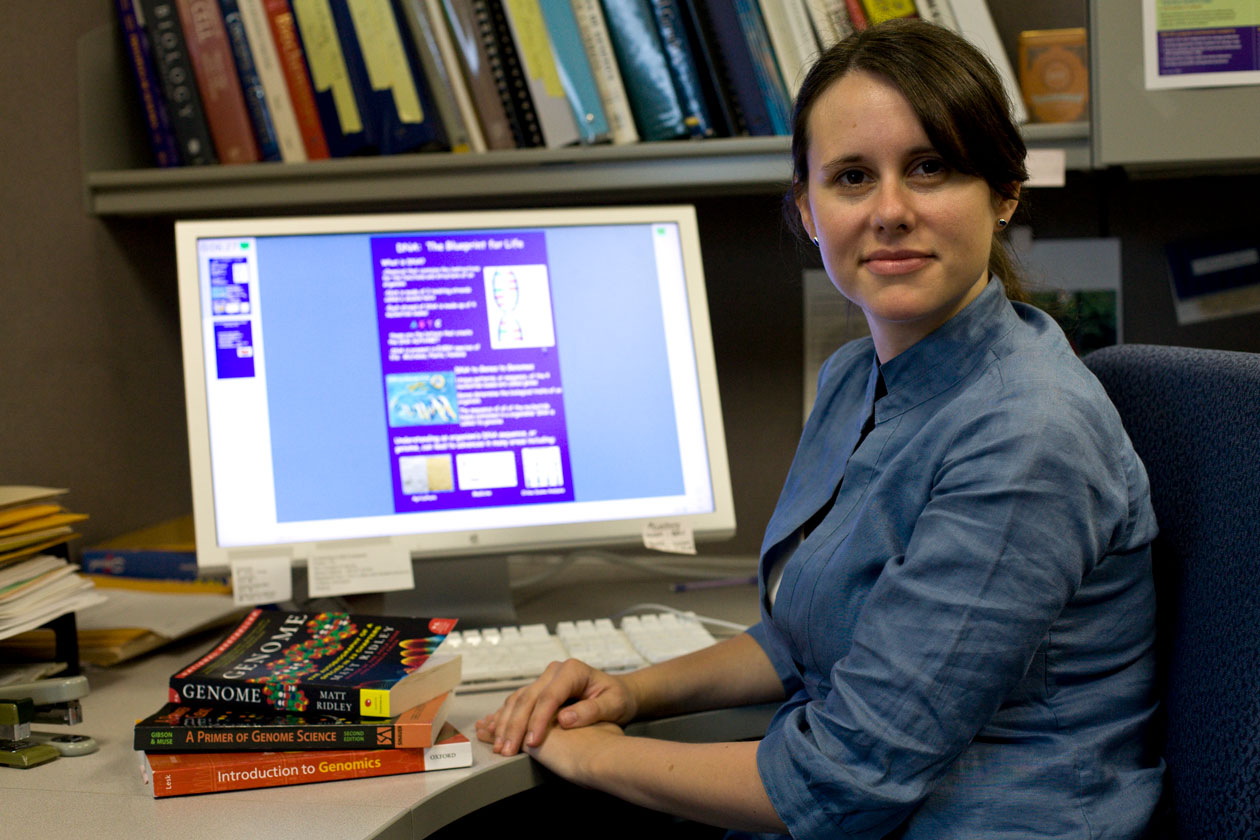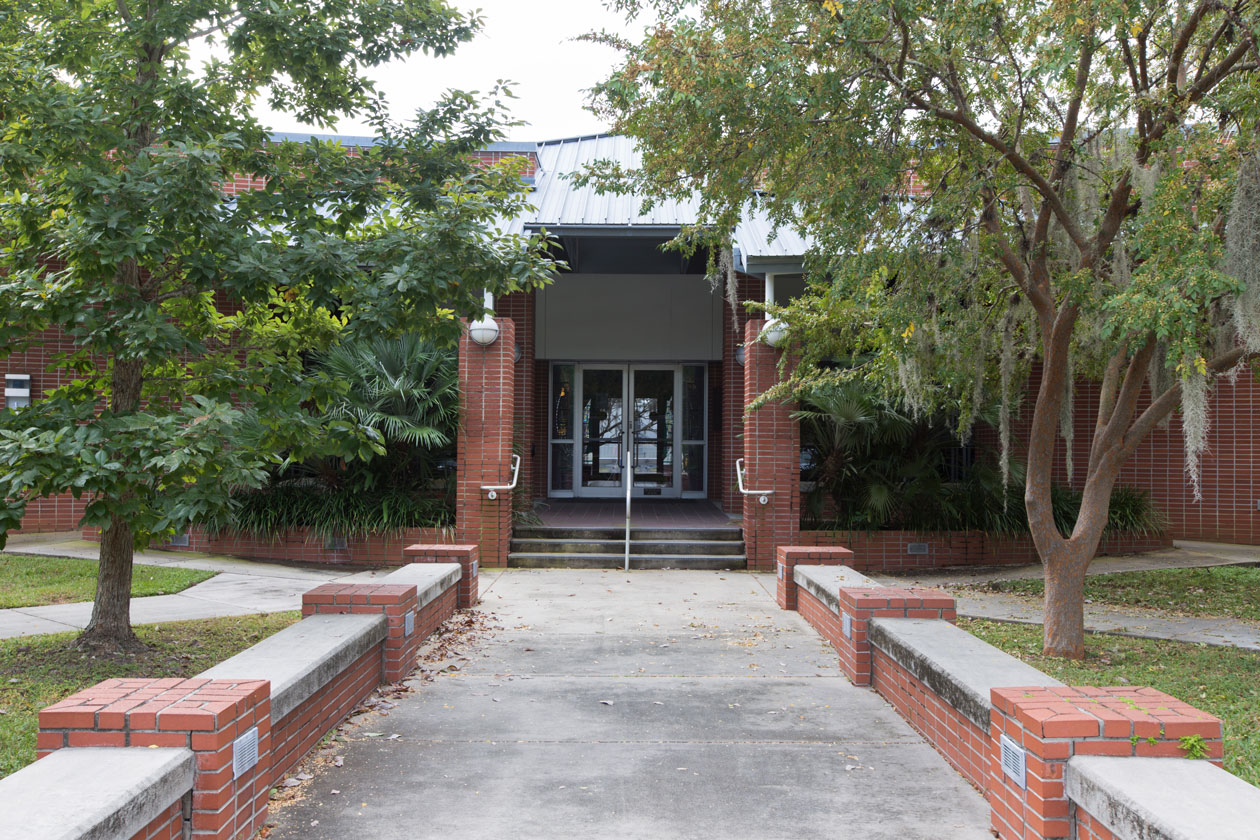MICROBIOME IN HEALTH AND DISEASE
Microbes are everywhere! They exist in us, on us, and around us in complex microscopic ecosystems called microbiomes. A collection of bacteria, viruses, archaea, and fungi that naturally live in community on and within larger living creatures, microbiomes play a fascinating role in health homeostasis, disease progression, and disease treatment. The University of Florida Microbiology and Cell Science Department offers a Master of Science Degree and a Graduate Certificate in the field of Microbiome and Health.
Designed to fit your schedule, this fully online graduate program will give you an in-depth understanding of the:
-
- Role of the human microbiome in disease
- Short and long-term effects of antibiotic use on the human gut microbiome
- Regulatory aspects of microbiome-based therapies
- Fundamental concepts and quantitative methodology to study the microbiome
- Bioinformatics tools to evaluate microbiome composition
TOP INDUSTRIES IN THIS FIELD
The microbiome has become one of the hottest areas in the pharmaceutical and biotechnology industries. With the recent advancement of DNA sequencing technologies, microbiology research has revealed that imbalance in the human microbiome is linked not only to gastrointestinal conditions but systemic disease as well, including autoimmune diseases like type 1 diabetes, rheumatoid arthritis, and Hashimoto’s disease, neurodegenerative diseases like Alzheimer’s and Parkinson’s diseases, and cardiovascular diseases like atherosclerosis.
A keen understanding for the role of microbiomes in health and disease will help advance careers in:
-
- Research and Development
- Clinical Trials
- Regulatory Affairs
- Medical Affairs
- Data Analysis and Bioinformatics
- Pharmaceutical Sales and Biotechnology Sales
- Science Communications
- Academia
For more information about the career paths of our recent graduates, check out our careers page.
BIOINFORMATICS
This program offers a unique opportunity to develop the foundational bioinformatics skills used in modern microbiology research. The courses available that predominantly focus on computational analysis are:
- BSC6895C AI in Agriculture and Life Sciences - Neural network modeling
- BSC 6459 Fundamentals in Bioinformatics - Non-programming genomic data analysis
- MCB 6318 Comparative Microbial Genomics - Non-programming genomic and post-genomic analysis
- MCB 6326 Computational Genomics and Epigenomics - Large-scale genomic and epigenomic analysis
- MCB 6670c The Microbiome - Genomic and metagenomic analysis
- MCB 6796 Microbiological Data Analysis - R programming language for DNA sequencing analysis

.png)


